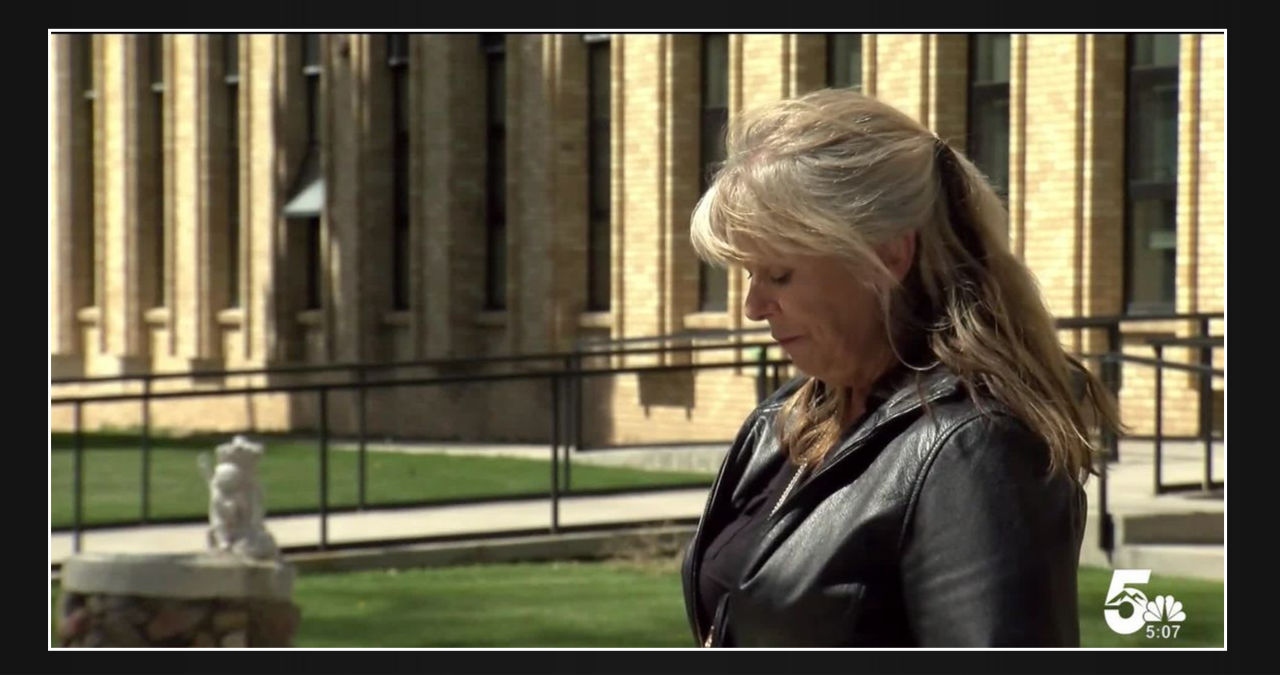Texas filed a lawsuit on Thursday, accusing a doctor of violating the state’s ban on offering gender-affirming care to transgender minors. This legal action is believed to be the first of its kind. The state’s ban specifically targets the provision of puberty blockers and hormones to individuals below the age of 18 who identify as transgender.
Texas Attorney General Ken Paxton has filed a complaint in the District Court of Collin County, Texas, accusing May Lau, a pediatrician at the University of Texas Southwestern Medical Center in Dallas, of prescribing testosterone to at least 21 minor patients who wished to transition from female to male. Paxton referred to Lau as “a scofflaw who is jeopardizing the well-being and safety of minors” in the complaint.
In June 2023, Texas Governor Greg Abbott took the step of signing a significant law regarding gender-affirming care. The law stipulates that doctors who provide drugs or perform surgery for minors with the intention of facilitating gender transition will have their medical licenses revoked. This measure highlights the state’s commitment to ensuring the well-being and protection of young individuals undergoing such medical procedures.
According to Paxton, Lau falsified records in order to hide the fact that her patients were transgender. This action is said to have violated Texas’s business code.
The lawsuit aims to obtain financial compensation and a court injunction that would prohibit Lau from further violating the law.
In June, the Texas Supreme Court upheld the state’s ban on gender-affirming care for minors. Despite arguments from families with transgender children and doctors, who claimed that the law was discriminatory and violated parents’ rights to make decisions about their children’s care, the court ruled in favor of the ban.
According to the Movement Advancement Project, an LGBTQ think tank, a total of twenty-five states governed by Republicans have implemented laws or policies that either ban or place restrictions on gender-affirming care for minors. It is worth noting that many of these laws are currently facing legal challenges.
The U.S. Supreme Court has decided to review a challenge to Tennessee’s ban, which could have implications for the survival of similar bans in other states.






